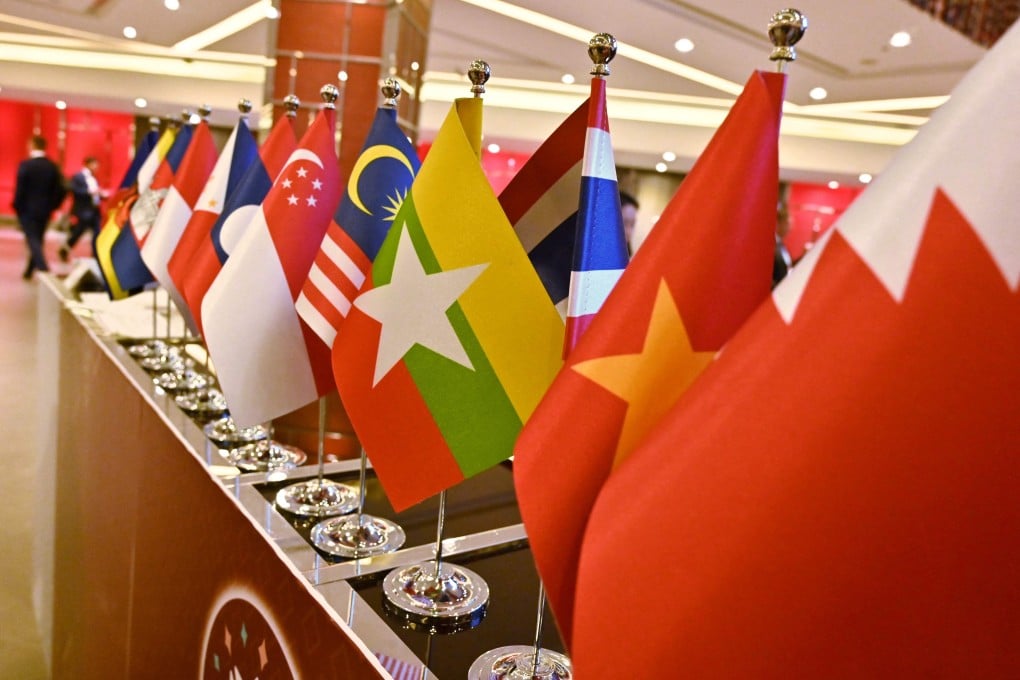Advertisement
Xi-Asean summit boosts China’s plan to upgrade Southeast Asia ties to comprehensive strategic partnership
- The Chinese president will meet Asean leaders in November; Singapore and Malaysia have signalled their readiness to elevate the bloc’s ties with China
- Meanwhile, Asean agreed to upgrade ties with Australia, which gave assurances the AUKUS pact was no threat to the region
4-MIN READ4-MIN
13

China’s long-held plan to upgrade ties with the Association of Southeast Asian Nations (Asean) to a higher tier of diplomatic recognition could come to fruition during next month’s special summit between President Xi Jinping and the bloc’s leaders, observers have said.
The prime ministers of Malaysia and Singapore signalled their readiness to participate in November’s summit during the bloc’s talks with Chinese Premier Li Keqiang on Tuesday.
The summit with Xi – which has not been previously publicised – is being held to commemorate the 30th anniversary of Beijing becoming one of Asean’s “dialogue partners”.
Advertisement
Asean currently has 11 dialogue partners including the United States, Britain, Russia and India. The status grants these economies high-level access to Asean meetings, and has been conferred to the 10 nation bloc’s key trading partners.
“Malaysia welcomes and looks forward to the convening of a Special Asean-China summit to commemorate the 30th anniversary of the Asean-China dialogue relations,” Malaysian Prime Minister Ismail Sabri Yaakob said during the Asean-China summit.
Advertisement
Tuesday’s talks with Premier Li are part of the bloc’s biannual summit comprising internal talks as well as meetings with dialogue partners.
Advertisement
Select Voice
Select Speed
1.00x